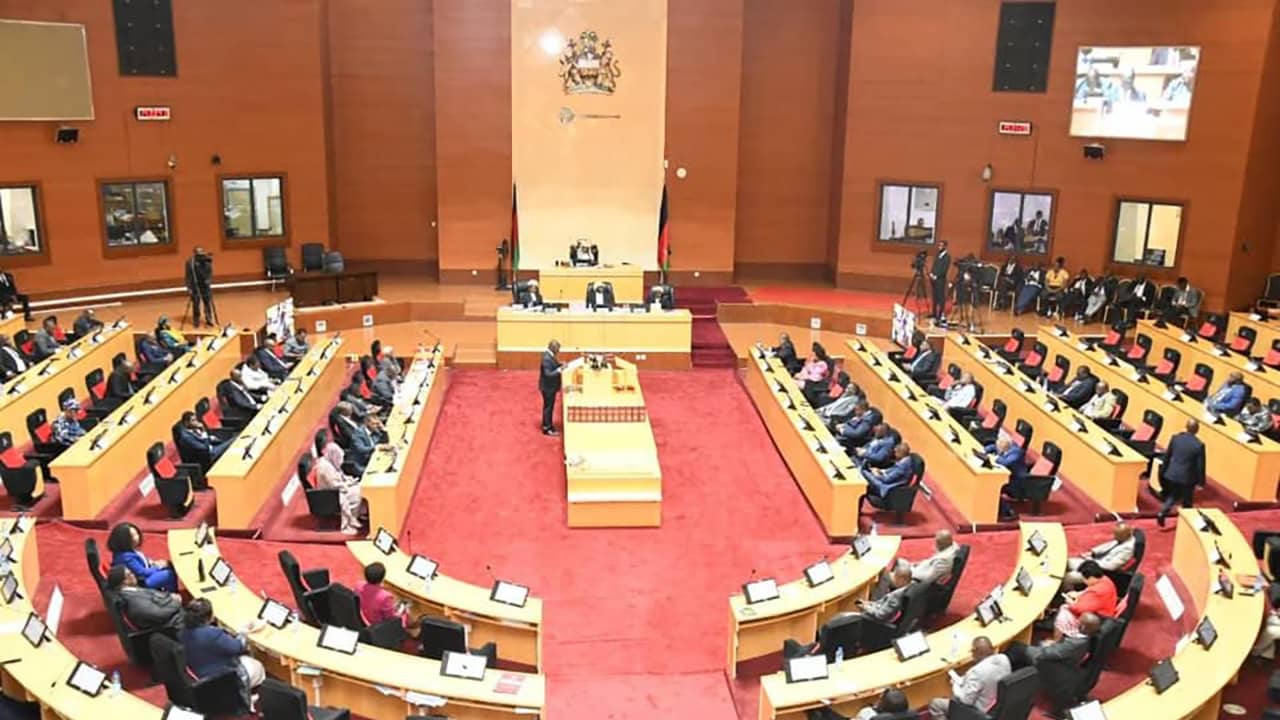The death penalty does not deter crime: there is no evidence that States with capital punishment have lower crime rates, or that crime rates increase when the death penalty is abolished. On the contrary, studies show that it is the threat of being arrested and being sanctioned – more than the severity of the sanction itself – that is the key factor in crime prevention.
The death penalty disproportionately affects the most vulnerable populations, and notably minorities, people living in poverty, people with mental disabilities and other already marginalized groups. In some countries, the death penalty can be used as an instrument of political repression.
No judicial system is immune to error: even when due process and all judicial safeguards are duly implemented and respected, it is impossible to guarantee that new evidence will not reveal that an innocent person has been executed.
The justice system should not have the right to kill: the death penalty is unethical and morally wrong. Carrying out executions violates the right to life of convicts, and deprives them of any possibility of rehabilitation and future contribution to the society.
This is why every year, an increasing number of countries decide to abolish the death penalty, thus reinforcing the global trend in favor of putting a definitive end to this cruel punishment. The progress of the abolitionist movement notably resulted in an unprecedented support for the UN 9th resolution for a universal moratorium on the use of the death penalty. This crucial instrument to advance international standards was adopted on 15 December 2022, by an historic majority of 125 States in favor.
Despite the growing isolation of States that still employ the death penalty, global executions have known a significant increase in 2023. Amnesty International reported that in 2023, at least 1,153 individuals were executed (excluding China, where figures are kept secret), marking the highest number since 2015 (during that year, 1,634 executions were recorded by Amnesty International – China excluded). Alarmingly, this very high number of recorded executions took place in only 16 countries – the lowest number of executing countries on record according to Amnesty International. The majority of them took place in Iran (more than 853 executions) and Saudi Arabia (172 executions recorded).
Furthermore, and contrary to the global trend, certain States that had abolished or implemented a long-standing moratorium on the death penalty, continue to run against this global abolitionist trend. Thus, in many countries, voices are rising, advocating for stricter criminal sentences and the revival of the capital punishment.
In this context, it is the responsibility of the abolitionist movement to intensify its efforts towards achieving universal abolition of the death penalty.
|
|
|
|
|
|
As of May 2023. Source: Amnesty International
* countries that retain the death penalty for ordinary crimes but that have not executed anyone during the last 10 years or more
In 2013, PGA launched its Campaign for the Abolition of the Death Penalty. The goal of the campaign is to ensure the right to life is upheld and to promote justice systems grounded in the rule of law, in line with SDG 16, particularly target 16.3. Parliamentarians have a crucial role to play in the movement to restrict the use of the death penalty and ultimately abolish it through drafting legislation; deliberating on national policies; and enlightening public opinion.
For this purpose, PGA assists its members from both retentionist and abolitionist countries. It takes a step-by-step approach to further up the country’s abolitionist path, including:
Improving conditions of detention on death row by addressing issues like prison overcrowding, insufficient food or drinking water, lack of medical care, lack of personnel and infrastructure, deplorable sanitary conditions, physical violence, etc.
Strengthened legal safeguards in capital cases, including right to due process, right to appeal and clemency proceedings, right to adequate legal counsel, right to a fair trial.
Reduced scope of application of the death penalty, including the elimination of mandatory sentencing.
[For retentionist countries] Adoption of a moratoria, including through affirming the biannual United Nations General Assembly (UNGA) resolution on a moratorium on the use of the death penalty.
Abolition of the death penalty and promotion of an international norm prohibiting it, through supporting the ratification, accession or adoption the Second Optional Protocol to the International Covenant on Civil and Political Rights (ICCPR-OP2).
To date, PGA has successfully mobilized MPs from approximately 30 countries. Over the years, PGA members have:
"One of the most common misconceptions on death penalty is that it deters people from committing crimes (...). That is simply not supported by studies," PGA member Hon. @DorcasSibanda7 on why Parliament of Zimbabwe should abolish the death penalty. https://t.co/kcp1VaP5HD
— Parliamentarians for Global Action (@PGAction) April 1, 2020

PGA members participate every three years in the World Congress against the Death Penalty organized by ECPM.
Supported by an expert Secretariat, PGA members work together to educate, sensitize, build technical capacity, and strengthen the political will of parliamentarians to achieve campaign objectives through concrete legislative and policy initiatives. PGA works with individual parliamentarians in their national contexts through country-specific strategies, leveraging that capacity with international networking to facilitate connections among parliamentarians and build bridges with civil society, domestic and international policy-makers, and other stakeholders.

Today, 28 out of the 55 African Union Member States have abolished the death penalty in law, while 14 States maintain a moratorium on executions.
